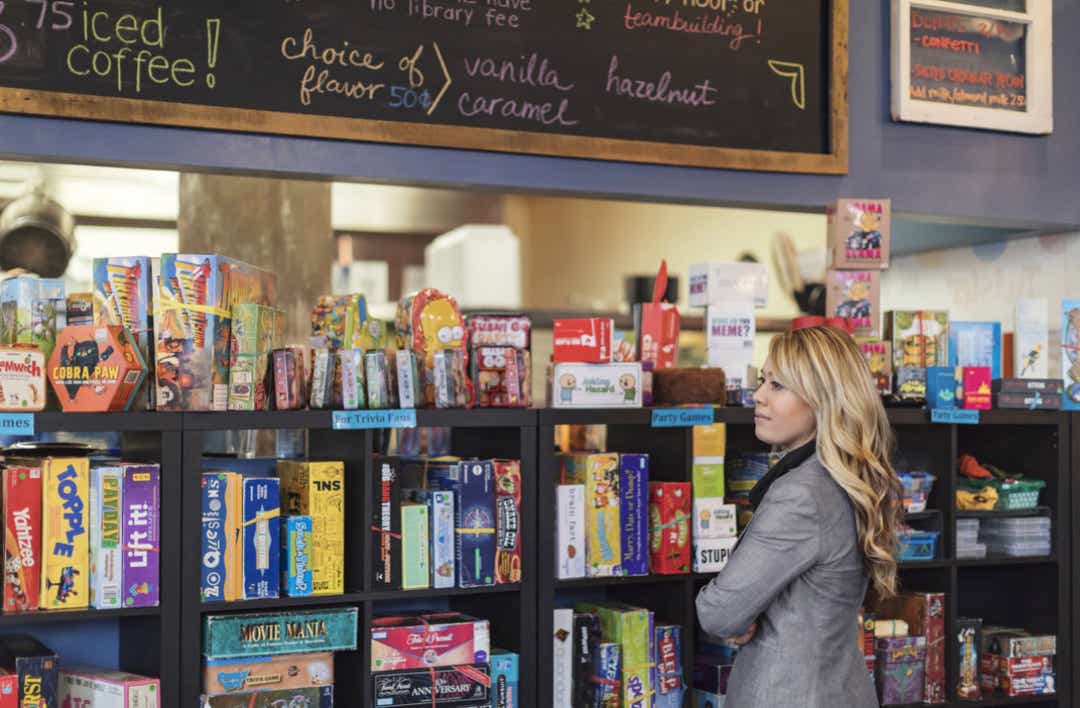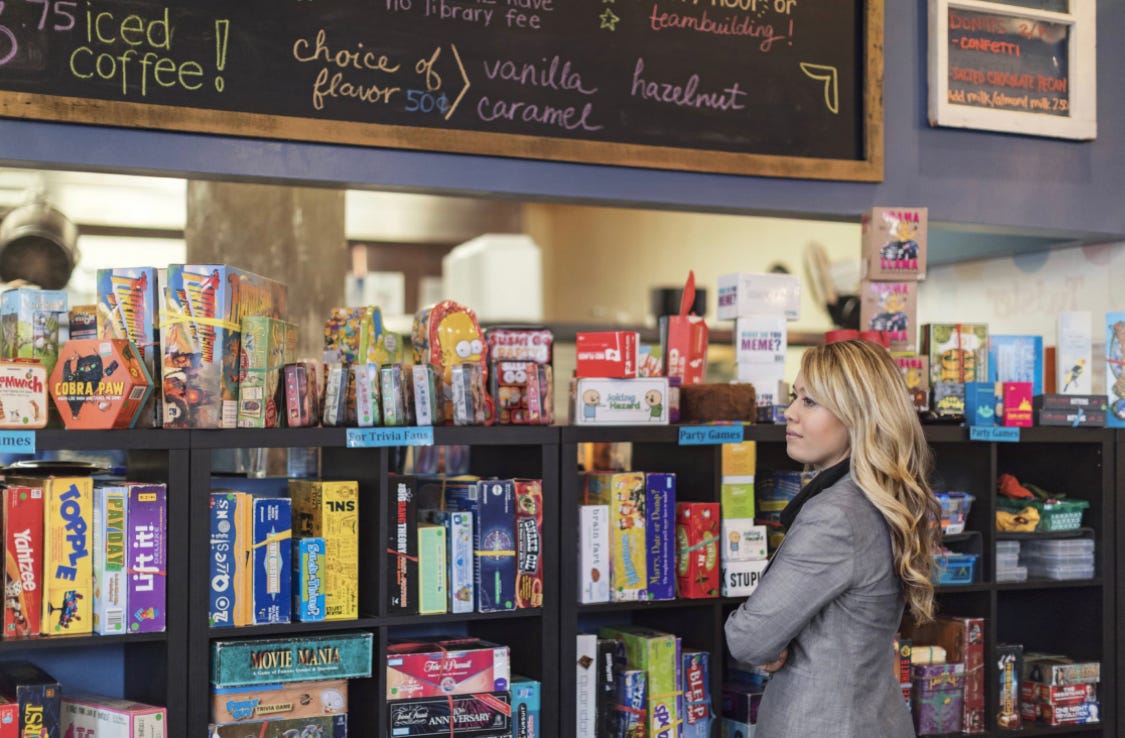LATEST FINANCIAL NEWS
Going cashless? If you do in these cities, you’re breaking the law
It’s becoming more and more common. You grab a sandwich for lunch, pick out a new pair of jeans, then tap your phone or hand over your credit card because paying with cash is no longer an option.
It may be quick. It may be easy. But is it fair?
A growing number of lawmakers don’t think so. From Philadelphia to San Francisco, several cities and states have passed or are considering bills that prohibit retailers from refusing to accept cash, a policy they say shuts out the millions of Americans who don’t have a bank account, lack credit cards or don’t have photo identification.
“In a city with a 26% poverty rate, it is critical we do what we can to support equal opportunity for all residents,” Lauren Cox, a spokeswoman for Philadelphia Mayor Jim Kenney, said of the city’s new law banning cashless businesses, set to go into effect Oct. 1. “There are socioeconomic reasons why many households throughout the U.S. are unbanked. Until we can remove such hurdles, we need to ensure that Philadelphia is a place where all people can enjoy and benefit from fully participating in all aspects of our economy.”
Some retailers are cutting out cash to speed up transactions, reduce the risk of theft and accommodate the increased use of credit and debit cards, as well as digital wallets like Apple Pay and Google Pay, to purchase services and products.
But with 6.5% of U.S. households in 2017 not having bank accounts, according to the FDIC, and 18.7% having accounts but also using financial services outside of insured institutions, some are pushing back on the trend.
A requirement that most retail businesses in New Jersey accept cash took effect in March. San Francisco passed a similar measure in May. Massachusetts has prohibited cashless merchants for 41 years, and New York City and Washington, D.C., have introduced their own versions of such laws.
“Clearly for the unbanked population, if you don’t have access to digital forms of payment … credit and debit cards as well as mobile payments, then it does make (it) very difficult to participate in an economy increasingly moving into a digital space,” says Shelle Santana, a marketing professor at Harvard Business School.
Access to a credit card or bank account allows many of life’s tasks to be put on autopilot. Money can be automatically deducted to pay an electricity or phone bill. A tap of an app can send money to a relative in need.
But those who have to rely on cash must carve out time to go to an office, stand in line and pay. They can’t simply click to buy that essential item on the Amazon Wishlist for their child’s classroom or otherwise take part in the online shopping economy that is transforming retail. And certain services, from renting a car to getting a meal at a fast-casual restaurant, may be off-limits.
Communities of color are particularly affected. Among African-American households, 16.9% were unbanked in 2017, the most recent year available, and 14% of Latino households did not have a bank account, according to the FDIC.
But it’s not just those without credit and debit cards who may balk at being told they can’t use cash. In an era when data breaches have occurred at institutions such as Capital One and credit rating agency Equifax, some consumers worry that cashless payments can infringe on their privacy.
“You do hear a good portion of people saying ‘Once we move to this cashless economy, there is a digital trail for every single one of my purchases, and I’m not entirely comfortable with that,’’’ Santana says. “And there’s a possibility there could be a data breach where your information gets compromised. The probability of a data breach happening is very low, but it is isn’t zero.”
Still, New York City Councilman Ritchie Torres says preserving access is the motivation for his bill, which would require most local food and retail businesses to accept cash. He hopes to bring it before the full council for a vote this fall.
“If you have the money, you should be able to use it,” Torres says. “Cash is the great equalizer and the universal mode of currency. Not everyone has access to credit or debit, but everyone uses cash at some time in their life.”
Businesses change their minds
In the midst of the rising debate, some previously cashless businesses are reversing course.
Sweetgreen, the salad restaurant chain, announced in December 2016 that by the following March it would no longer accept cash, touting how it would lead to quicker service for customers and reduce the risk of its workers being robbed. But in April, the chain said it would resume taking cash at all of its locations by the end of this year.
“Going cashless had these positive results,’’ the company said in a statement, “but it also had the unintended consequence of excluding those who prefer to pay, or can only pay with cash. Ultimately, we have realized that while being cashless has advantages, today it is not the right solution to fulfill our mission.”
Meanwhile, Amazon Go stores in San Francisco and New York City now take cash, and the company plans to accept hard currency at all Amazon Go stores over time to allow more customers to shop there.
In a report that looked at its own payments data as well as an external small business owner survey, the financial services company Square Inc. found 56% of small business owners believed the choice to go cashless was strategic, and 44% believed such a move was elitist, shutting out unbanked and underbanked customers. Most – 83% – said they will never stop accepting cash.
For those who would refuse to take dollars, Connecticut state Rep. Holly Cheeseman plans to introduce her own bill this year to prohibit such action.
Cheeseman says she began to focus on the issue after a friend’s daughter reached the checkout at a New York restaurant only to find out it didn’t take cash – and that’s all she had.
“I realized for many in our society, the ability to pay cash is key,” Cheeseman says, adding that she is also concerned that credit, debit and digital transactions mean there’s a record of every purchase a customer makes.
For some, cash no longer rules
To be sure, for many shoppers, cash is no longer king.
Square Inc. found that four years ago, shoppers used cash for 46% of purchases that were less than $20. But this year, shoppers used cash for 37% of transactions in the same price range.
Travas Clifton, owner of ModCup Coffee Co., a collection of coffee roasting shops in Jersey City, New Jersey, has seen the shift firsthand. Last June, when he realized 80% of his business’s transactions were being paid for with a credit or debit card, Clifton decided to go cashless.

To accommodate customers who still needed or wanted to use dollars and change, the baristas were told to pocket the money and use their own credit or debit cards to complete the sale. “I thought it was the right thing to do,” Clifton says. “I don’t want to turn anybody away.”
He did lose a few customers, but ultimately it was New Jersey’s new law requiring businesses to accept cash that made him change his policy.
While Clifton says he has gained more understanding of the privacy concerns some have about credit and debit cards, “I find it very un-American that the government can come in and tell me what form of payment I accept for what I do.”
Handling cash also brings challenges, Clifton says, from the robbery risk and loss of personal time he deals with as he picks up money from each location, to the additional time his employees need to handle transactions.
“It makes my baristas’ lives much easier if they don’t have to reconcile cash to a drawer at the end of the evening,” Clifton says. “It also means my baristas are able to focus on the customer. … It really moves the line faster if people are swiping and not messing around with dollars and coins.”
No end in sight
Despite the backlash to some businesses refusing paper currency, it’s unlikely the broader cashless shift will slow down, Santana says.
“I do see a general trend in this direction because there are lots of benefits to consumers and to sellers,” she says. “The real question is how do we bridge this divide so as many people as possible can participate, if they choose to, in a more digital economy.”
Some are coming up with innovative solutions. Atlanta’s Mercedes Benz stadium has gone cashless, for instance. But for those who still want to use their dollars, they can insert money into one of several kiosks and receive a fee-free debit card worth that amount.
Others will simply continue to accept all forms of payment, whether or not a law requires them to.
Laura Leister and her partners decided to be cashless when they launched their business, The St. Louis Boardgame Bar and Restaurant, three years ago. But a few months in, they discovered roughly 30% of their customers didn’t care for the policy, and Leister says some patrons began to tell her they didn’t have bank accounts.

“I was marginalizing a huge portion of my customer base by not accepting cash,” she says.
Making the switch required a lot more work and logistics, she says. “From just a business standpoint, the one huge benefit is we didn’t have to have as many cameras,” Leister said. “Now, we’ve doubled the cameras facing registers.”
There were other items the restaurant needs now that it didn’t need before, like a safe in the back office. “We didn’t need to make deposits and (to) get a courier,” she says. Now, “you have to make change and roll quarters. … So it was a pretty big investment when we decided to take cash, in time and money.’’
Yet the extra effort is worth it, she says.
“Once I really wrapped my head around it and realized what I was doing to a lot of people, marginalizing them, we knew it was the right social decision to make.’’









